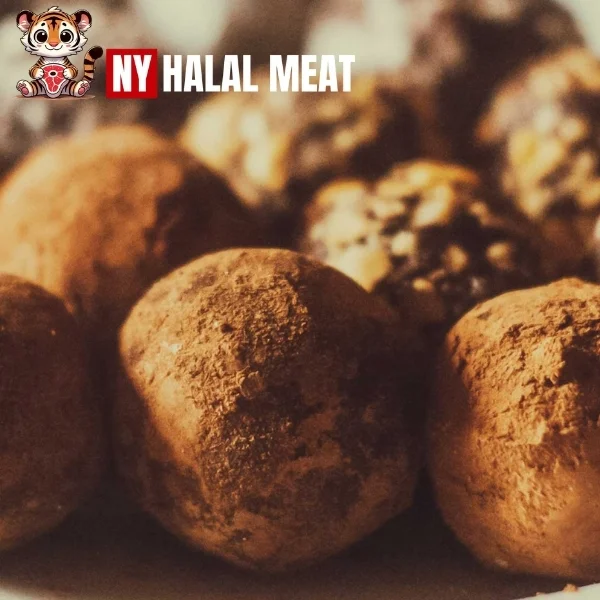Can Muslims Eat Truffles? A Comprehensive Guide
What Are Truffles?
Truffles are a type of underground fungus that grows in close association with tree roots. Found in specific regions such as parts of Europe, especially France and Italy, truffles come in different varieties, including black and white truffles. Known for their unique taste and aroma, truffles are often used in gourmet dishes like pasta, risotto, and as garnishes for various meats and seafood.
Understanding Halal Dietary Laws
For Muslims, food that is deemed halal (permissible) is in line with Islamic teachings. Halal food must not contain any forbidden (haram) substances, such as pork or alcohol. In addition, the food should be prepared and processed in accordance with Islamic principles, which guide how food should be sourced, handled, and consumed.
Are Truffles Halal?

To determine whether truffles are halal, it is important to evaluate their nature and how they fit within Islamic dietary laws:
- Natural Fungus: Truffles are fungi, and there is no evidence to suggest that fungi are inherently haram. In Islam, foods like mushrooms and truffles are considered neutral, or mubah, as long as they are free from prohibited substances. Therefore, truffles themselves do not present any issues for Muslims in terms of halal consumption.
- Preparation and Ingredients: While truffles themselves may be halal, how they are prepared and served can affect their halal status. For example, dishes containing truffles that are made with alcohol-based sauces or non-halal ingredients would no longer be permissible for Muslims. It is essential to ensure that the entire dish, including any sauces or additives, is free from haram ingredients.
- Truffle Farming and Harvesting: Truffles are generally harvested naturally, without involving non-halal processes. As long as the cultivation and harvesting of truffles do not involve any impermissible practices, they should be considered halal. However, Muslims can choose to verify the methods used in farming if they have concerns.
Practical Tips for Muslims
Although truffles themselves are permissible to eat, there are some important considerations to ensure the food remains halal:
- Avoid Alcohol-Based Sauces: Some truffle dishes might be prepared with wine or other alcohol-based ingredients. It’s important to ask the chef or restaurant staff to ensure that no alcohol is used in the preparation of the dish.
- Cross-Contamination Risks: In some restaurants, there may be a risk of cross-contamination between halal and non-halal ingredients. If you are unsure, it’s best to inquire about the restaurant’s practices to ensure that your food is prepared in a halal-friendly environment.
- Choose Halal-Certified Products: For peace of mind, Muslims may prefer to choose halal-certified truffle products. Some gourmet food suppliers or restaurants offer halal certification, ensuring that their dishes are compliant with Islamic dietary standards.



[…] Muslims Eat Truffles? A Detailed Guide to Halal and Haram […]